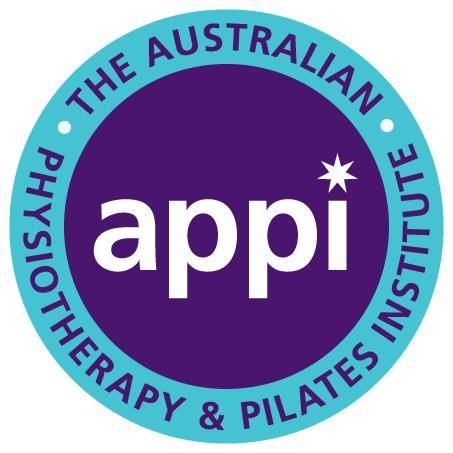'Anyone can find disease; the real skill is finding health...'
Dr Andrew Taylor Still, founder of Osteopathy 1874.
Rehabilitative Pilates
Monday’s 2pm – Book direct with Jo: 07753 418170
You asked for a pilates class and I listened!
Johanna who used to work in the NHS as a physio and is now qualified APPI pilates instructor (they’re the good ones!!!).
She really knows her stuff and I feel safe in the knowledge that you lot will be in very good hands as you progress and build strength safely.
Why do you need pilates in your life?
Chronic pain is a swine and so is sitting at a desk all day, in fact – general day to day life tends to be so repetitive it isn’t all that good for us!
Us osteos are good at getting you back in action, getting you moving and pain free again.
BUT the thing is, if you keep doing what you’ve always done – you’ll always get what you’ve always got!
SOMETHING has to change.
Pilates is a great way to start making that change.
Led by a good instructor, you will learn better body awareness and control, (if you don’t know you’re doing things “wrong” you can’t change it can you?!)
So, a good instructor will help point out any imbalances and compensations you may have (that’s why Johanna likes to have a 121 session with you first – to pay 100% attention to you and learn what you need and what you don’t need).
She will then help you to stretch and strengthen you muscles and help you body to work in a more balanced, natural way.
This will not only build your physical ability but its brilliant for your brain too!
Modern life is fast and often un rewarding. Take some time out for YOU, work on you health and strength and you WILL feel better for it!
Are you in? What next?
So, I’ve found a great instructor, in fact I’ve already referred quite a few patients to her already and they love her too!
Johanna studied with the APPI (Australian Physiotherapy Pilates Institute) and was an NHS physiotherapist for 13 years – she knows her stuff!!!
Jo’s first term is set to start on Monday 29th of April
You can book either 121’s with Jo or book into her group session at 14:00
If we have enough interest we will be starting a 16:00 group too
Book direct with Jo: 07753 418170
The Technical Stuff:
Research has shown that specific retraining of the Multifidus muscle reduces the recurrence rate of Lower Back Pain (LBP). Hides et al (1994) reported evidence of lumbar Multifidus muscle wasting ipsilateral to symptoms in patients with acute/subacute LBP. Further studies found that Multifidus muscle recovery is not automatic after the resolution of acute, first-episode LBP (Hides et al., 1996). In their study with LBP patients, Hides et al (1996) demonstrated that this deficit in Multifidus can be reversed with exercises that focus on activating the Multifidus muscle. Two to three year follow up studies found that the recurrence rate of LBP was reduced by 50% in patients who had performed specific exercises for activating Multifidus. An integral part of therapeutic rehabilitation following LBP is retraining correct activation of the Multifidus muscles which can be done using Modified Pilates.
The Transversus Abdominis (TrA) is the other principle muscle affected in LBP. Studies have found delayed onset of activation and poor activation of the TrA in LBP patients compared to healthy controls (Hodges et al, 2010, 2008, 1997). In healthy individuals the TrA activates prior to limb movements to provide postural support to the lumbar spine (Hodges & Richardson 1997). In LBP patients TrA activation occurs after the limb movement and therefore renders the lumbar spine unsupported during functional activities. A model for retraining motor control of the TrA is provided as a part of Modified Pilates.
The key elements of APPI Pilates method include retraining:
- Neutral lumbo-pelvic alignment and activation of the key lumbo-pelvic stabilising muscles (LOWER BACK)
- Correct ribcage/thoracic alignment (MID BACK)
- Scapulo-thoracic stabilisation (SHOULDER)
- Deep neck flexor retraining to stabilise the cervical spine (NECK)
The repertoire of APPI Pilates exercises also include exercises to improve spinal mobility, flexibility of the key trunk and lower limb muscles groups, body awareness and postural awareness.





